With the goal of "greening" the environment and protecting public health, on July 10, the Hanoi People's Council passed a Resolution stipulating measures to reduce plastic emissions in Hanoi (implementing Point d, Clause 2, Article 28 of the Capital Law), setting out a roadmap to reduce plastic waste tightened every year.

Changing consumer behavior
The Resolution stipulates measures to reduce plastic emissions in the capital, based on Point d, Clause 2, Article 28 of the Capital Law 2024, setting specific goals and roadmaps to limit and eventually end the use of disposable plastic products and non-biodegradable plastic packaging in production, business and daily life activities.
Accordingly, from January 1, 2026, hotels, resorts, and tourist attractions will not be allowed to use disposable plastic products such as toothbrushes, razors, cotton swabs, shower caps, as well as disposable plastic packaging for toothpaste, shampoo, shower gel, body lotion, and similar products.
In the activities of state agencies, organizations, and administrative units, the city requires absolutely no use of disposable plastic products and plastic packaging that is difficult to biodegrade, including plastic bags and foam plastic food containers, except in cases where these products are granted the Vietnam eco-label.
For commercial and distribution activities, the city requires that from January 1, 2027, markets and convenience stores are not allowed to provide free biodegradable plastic bags. From January 1, 2028, these businesses will also not be allowed to circulate and use disposable plastic products and biodegradable plastic packaging, including plastic bags and foam plastic boxes used to package or contain food.
However, this regulation does not apply to products and goods that have been pre-packaged with the above packaging before the effective date. In addition, online sellers are also required to implement measures to reduce the use of plastic packaging and shock-absorbing materials made from plastic. These businesses must proactively collect the above packaging and materials to avoid causing loss to the environment.
In the manufacturing sector, from January 1, 2028, businesses using PE and PP plastic in packaging production will be required to use at least 20% recycled plastic. This rate will continue to be raised to at least 30% from January 1, 2030. The city also requires manufacturing facilities to gradually reduce the production and import of single-use plastic products, non-biodegradable plastic packaging, and items containing microplastics.
In particular, from January 1, 2031, Hanoi will completely stop the production and import of single-use plastic products, except for products that have been granted the Vietnam Ecolabel certification.
Legal basis to promote plastic emission reduction
Receiving the above information, Mr. Duong Ngoc Luu in Cau Giay ward assessed that this is a clear step forward, demonstrating the strategic vision of the city, and at the same time setting an urgent requirement for environmental responsibility for all members of society.
Many small traders also expressed their support for this regulation. Ms. Nguyen Thi Nhung, who is running a grocery store in Ha Dong ward, shared that replacing plastic bags with environmentally friendly products such as paper bags may increase the price of the product by a few hundred dong in the short term, but the long-term benefits for public health are dozens, hundreds of times higher. Because most plastic bags on the market are recycled from dirty plastic, there is a risk of containing lead, cadmium, heavy metals that cause liver and kidney damage, infertility or early puberty. In particular, when used to store hot food, additives in plastic can easily be absorbed into food, creating long-term effects on hormones and health. Therefore, she herself did not wait for the ban but proactively changed from within, starting with the smallest behaviors in daily life.
Regarding this issue, Associate Professor Dr. Luu Duc Hai - Chairman of the Vietnam Environmental Economics Association said that, in addition to the policy of reducing plastic waste tightened every year, there should be an immediate policy of applying high tax rates on the production and consumption of hard-to-decompose plastic bags, thereby increasing the cost of use and reducing consumer motivation. Along with that, the city needs to issue clear regulations on technical standards, quality and safety for alternative products such as biodegradable bags, paper boxes, cloth bags, etc.
From another perspective, lawyer Le Quang Vung assessed that to control plastic pollution, Hanoi needs to take advantage of the provisions in the Capital Law 2024, which emphasizes the responsibility of the government in building programs to classify waste at source and apply advanced technology in waste treatment.
The process of reducing plastic waste also requires sustainable solutions from businesses and the community. Vietnam should recognize prestigious international certificates for biological products, such as the European or American compostable certificate, to support domestic businesses in the production process, market access and product marketing. This will be a clear move, demonstrating a strategic vision, the problem of balancing development and plastic pollution control.
Source: https://hanoimoi.vn/ha-noi-hanh-dong-quyet-liet-vi-mot-tuong-lai-khong-rac-thai-nhua-710106.html




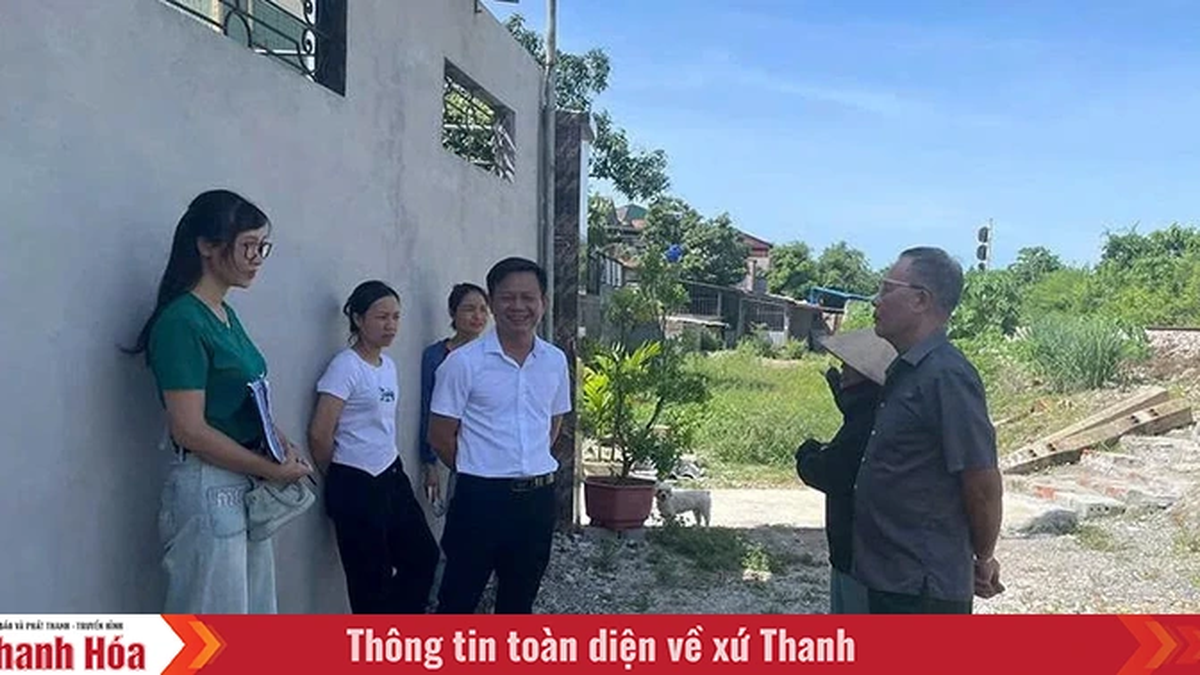
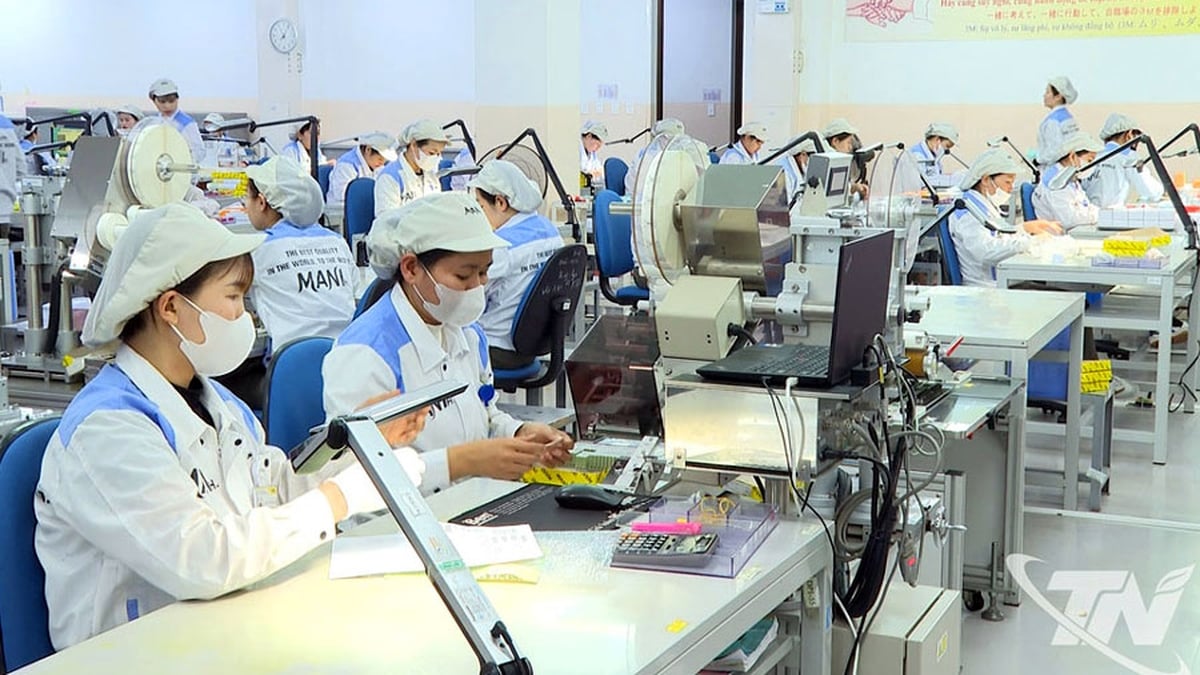
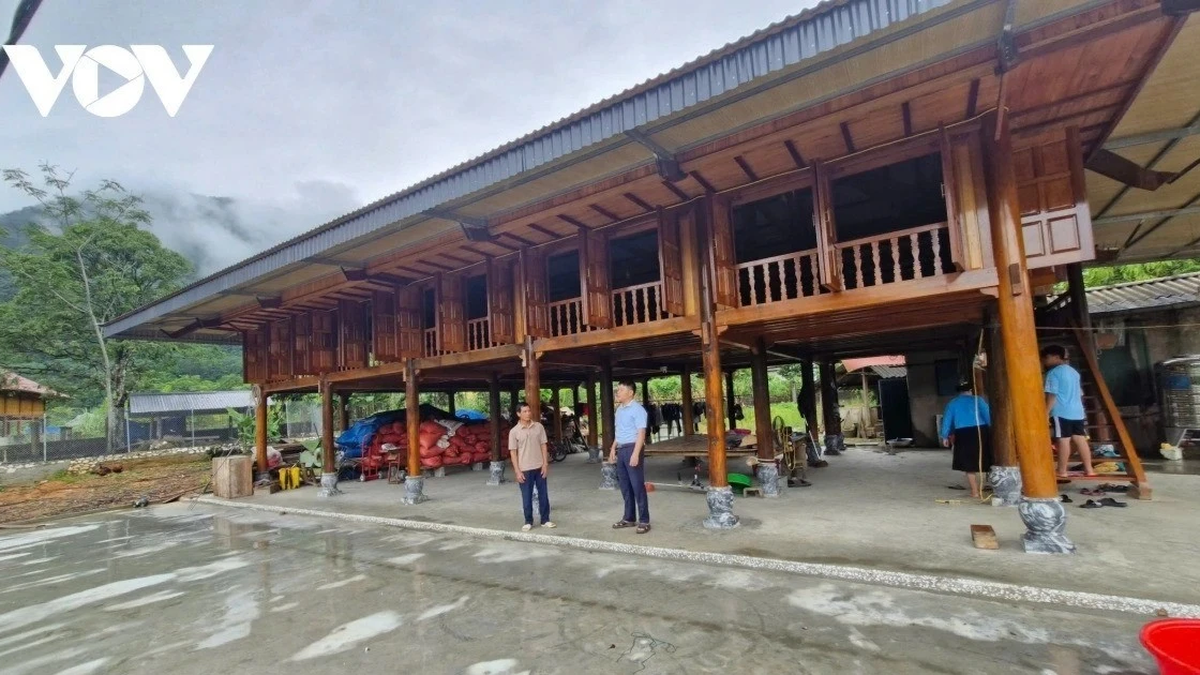
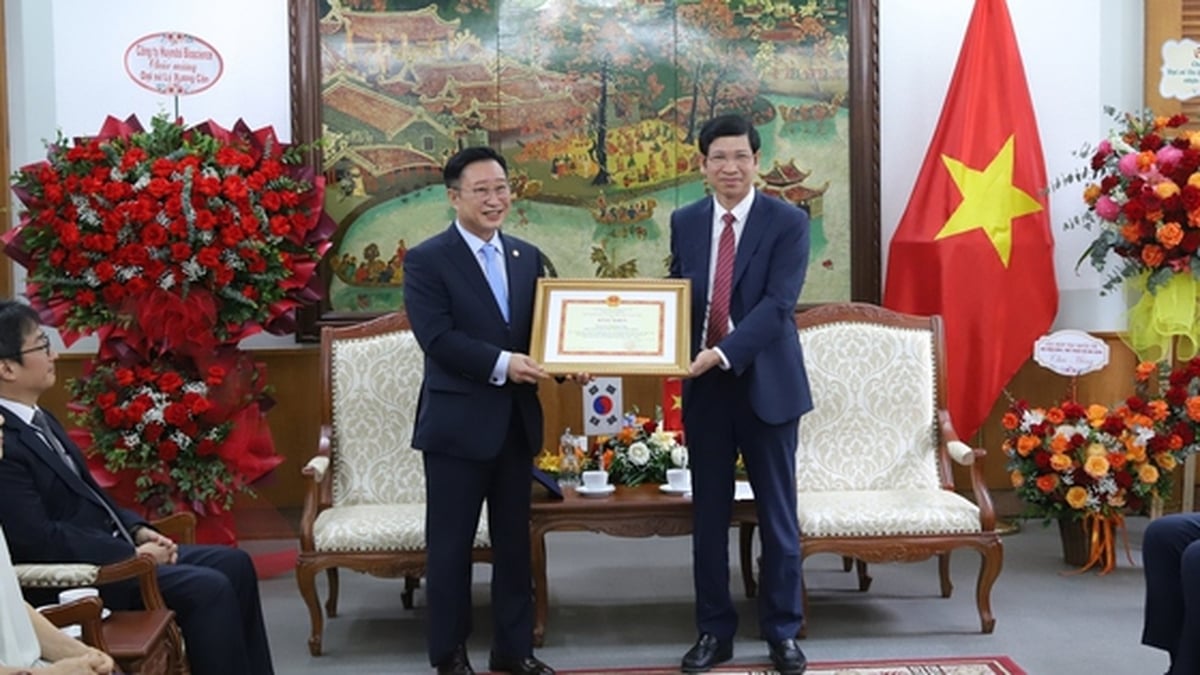
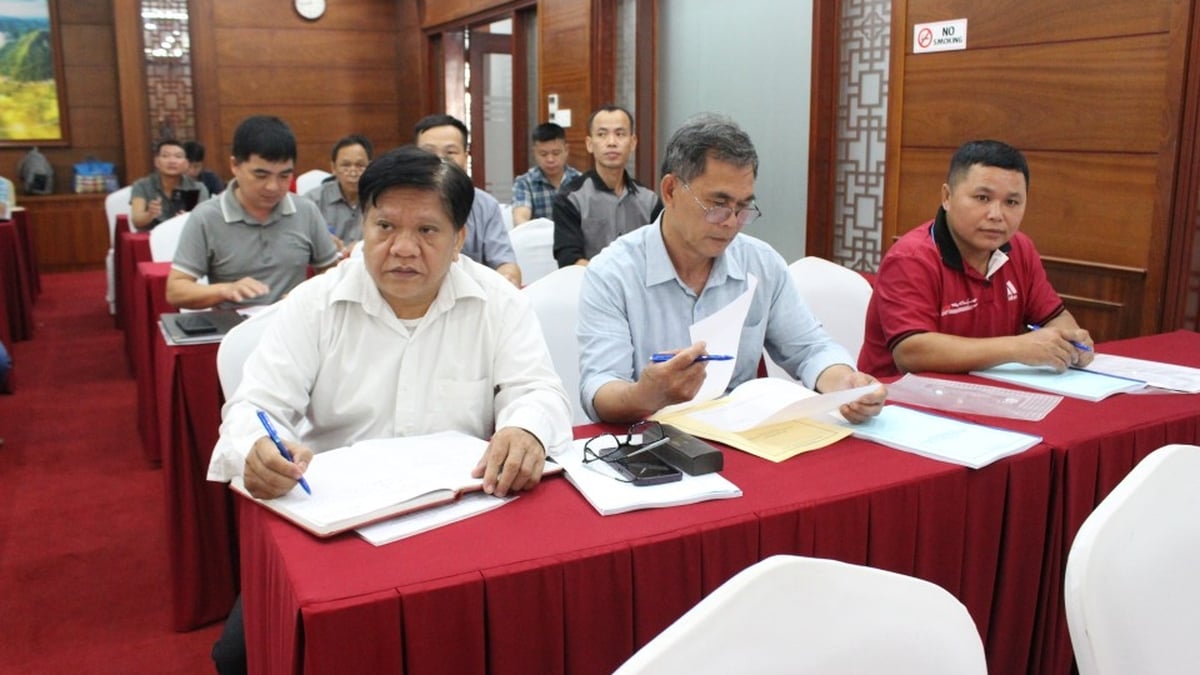
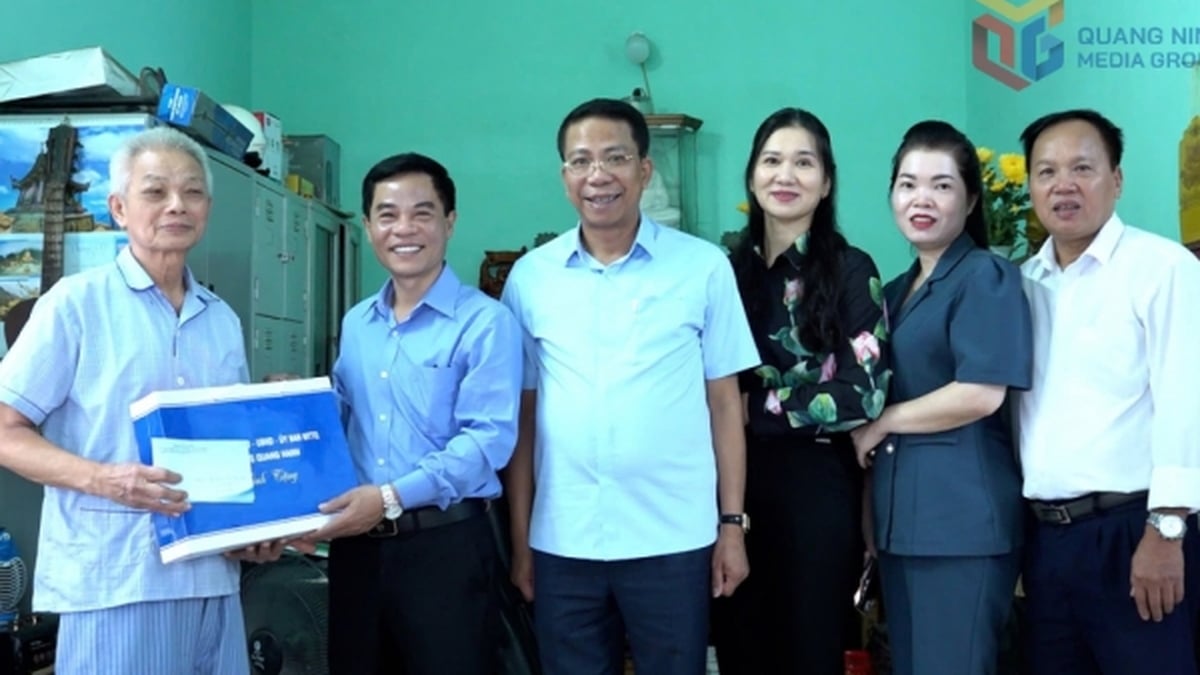
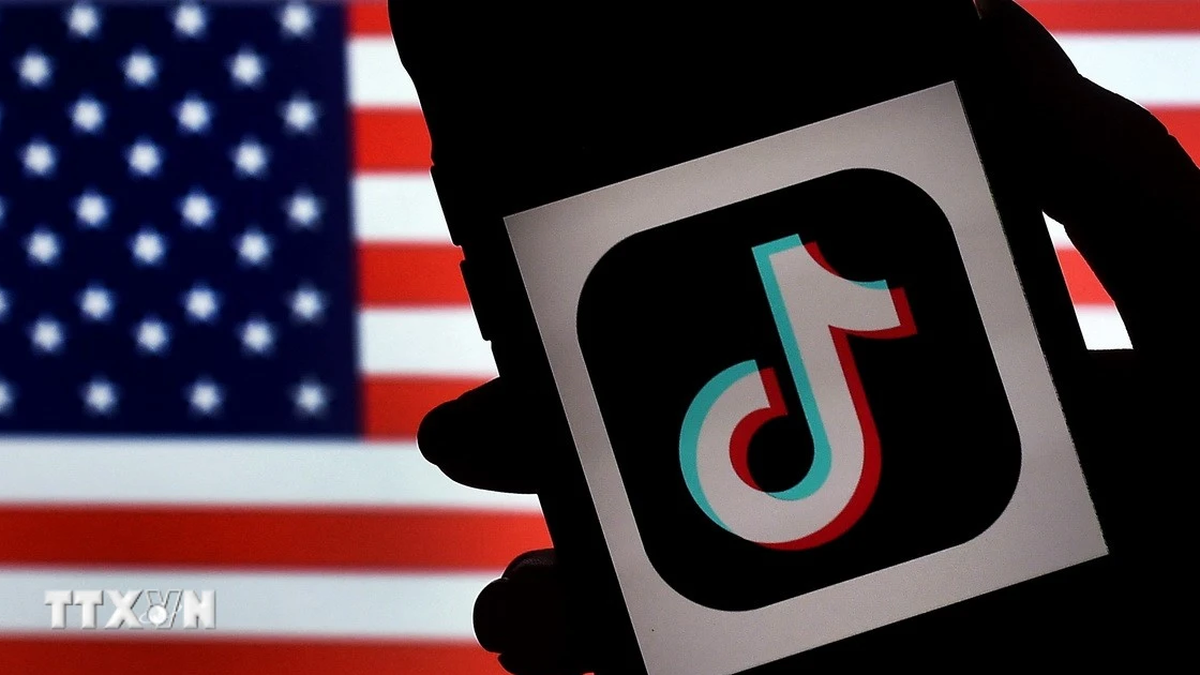
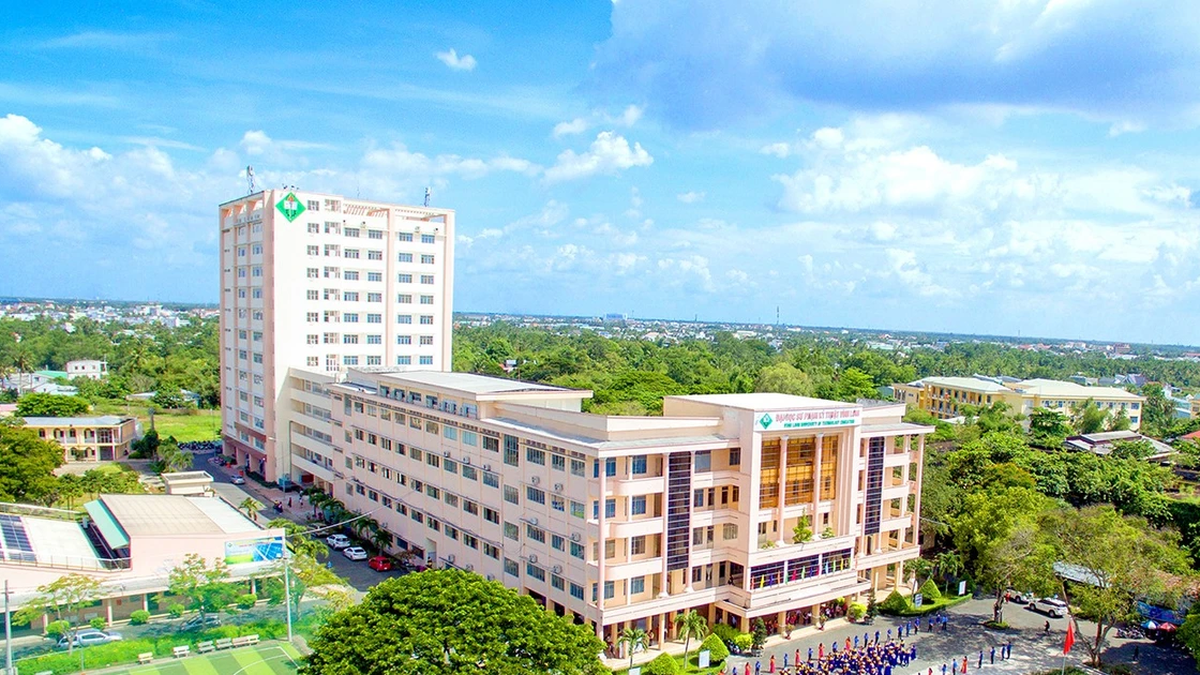



















![[Photo] Signing of cooperation between ministries, branches and localities of Vietnam and Senegal](https://vphoto.vietnam.vn/thumb/1200x675/vietnam/resource/IMAGE/2025/7/24/6147c654b0ae4f2793188e982e272651)





























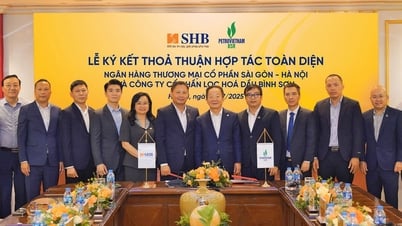

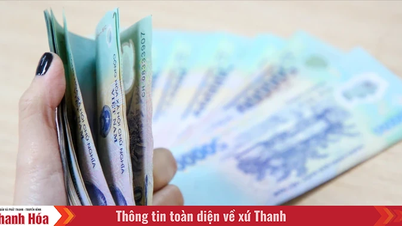
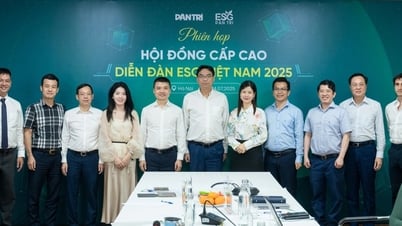
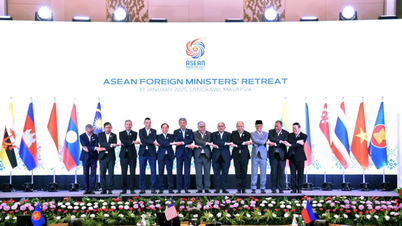

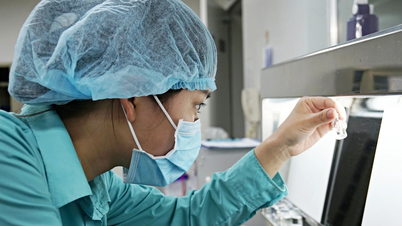























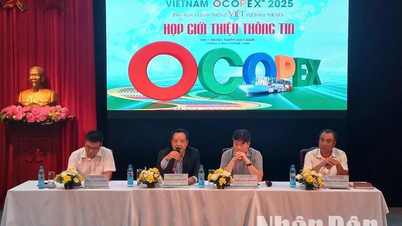

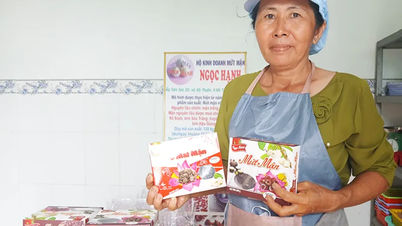






Comment (0)